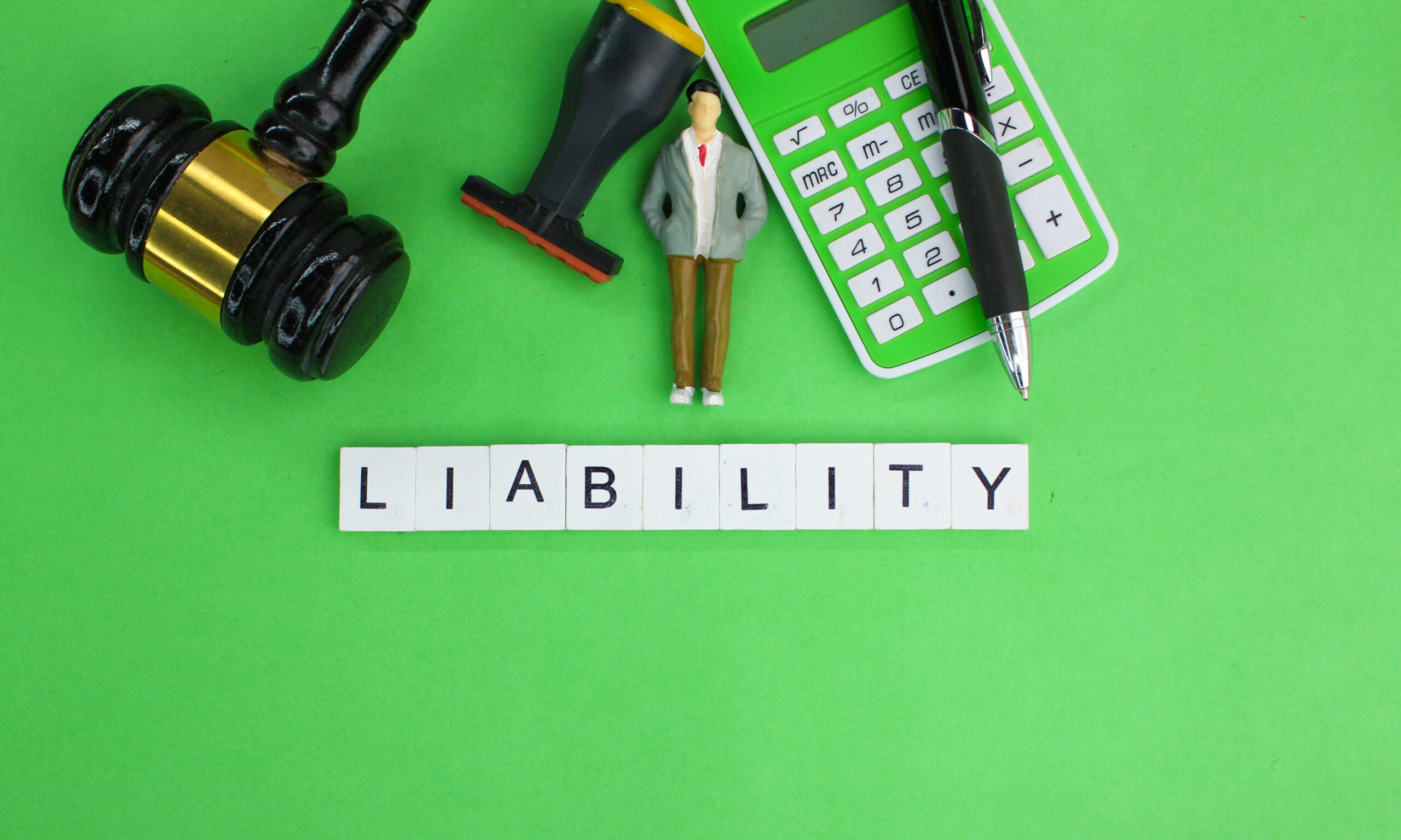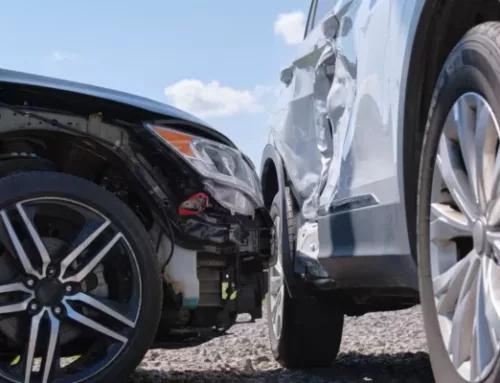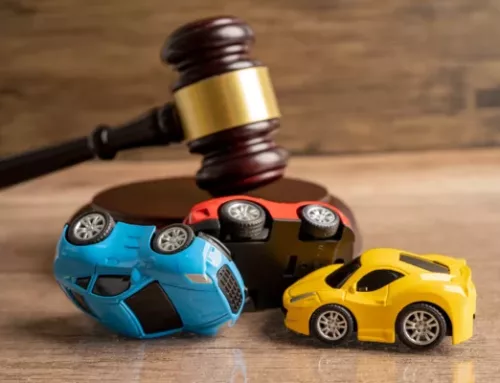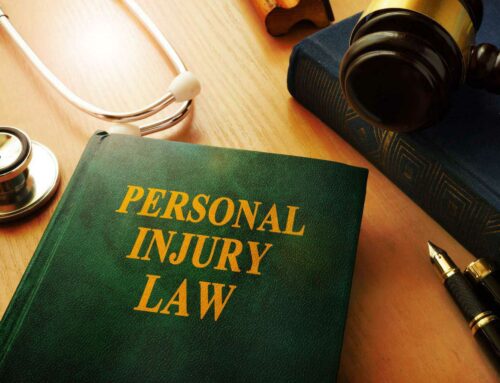Who’s to blame when carelessness turns catastrophic? Unpacking the tangled web of Negligence and Liability
Do you think negligence caused your accident or injury? Will you sue those who hurt you? Imagine that workplace or medical treatment that ruined your physical and mental wellbeing. If so, you deserve reasonable compensation.
You may be held responsible for your situation, so you must know who is responsible. A skilled lawyer can handle the complexities of the law and emphasize key evidence and legal arguments in your favor.
Short Summary
The article provides an in-depth look at the concepts of negligence and liability, their distinction, and their application under different circumstances. Specifically, it addresses who is ordinarily deemed responsible in negligence cases, the influence of contributory negligence, and comparative negligence laws.
Key Points
- Negligence refers to a failure to use adequate care that harms or damages another. A person’s actions (or inactions) were beyond their control, but liability, like carelessness, can still result in damage.
- Companies can be held accountable for neglecting to safeguard others’ safety through “vicarious liability.”
- “Strict Liability Cases” involve cases where a rule of liability, known as “strict liability,” is applied. Circumstances may include unsafe goods or intrinsically hazardous conduct.
- In most injury cases, the victim needs to prove that someone was negligent or reckless. However, under strict liability, a victim may compensate without proving fault, provided the product or action was unduly risky and caused harm.
- Determining accountability for negligence often involves assessing what an “ordinary” or “reasonable person” would do in a similar situation.
- Virginia’s negligence law follows a “pure contributory negligence rule” which stipulates that for compensation, the person at fault should be entirely responsible for the accident. If the claimant, no matter how minor their contribution, partly caused the accident, they cannot receive compensation.
- Only a few states, including Virginia, use the contributory negligence system; the rest use comparative fault law.
- In Virginia, you have two years from the onset of injury to reach a settlement or initiate a legal action.
- In case of an accident, insurance companies in Virginia start investigating culpability as soon as a claim is filed.
- Virginia’s contributory negligence law can affect your injury recovery. If found partially at fault, your insurance might reject your compensation request.
- Negligence allegations can significantly impact your claim under Virginia’s strict negligence laws. Hiring an experienced personal lawyer to navigate these complex processes and advocate for one’s monetary objectives more effectively is crucial.
What does Negligence and Liability mean?
A lot of people need clarification on the terms negligence and responsibility, therefore, we’ve defined them for your convenience.
Negligence
Failure to apply caution causes injury or property damage. Personal injury cases often use negligence to collect damages for injuries caused by someone else’s carelessness. An vehicle collision’s cause is usually determined by which driver was negligent.
Liability
Like negligence, liability proves fault for another’s damage. The control factor distinguishes negligence from blame. An individual can be held accountable for injury to another in strict liability even if their conduct or inactivity was beyond their control.
What is Vicarious Liability?
If they fail to protect others, small businesses, partnerships, firms, and multinationals could be held liable. In “slip and fall” personal injury claims involving businesses and corporate owners, this is especially relevant. Business owners may also be liable for employee accidents under vicarious responsibility. This may happen even if the boss was not present.
What exactly are Strict Liability Cases?
Most personal injury lawsuits use negligent responsibility, while others use “strict liability.” Strict liability cases involve unsafe goods or essentially hazardous conduct. Such practices include delivering dangerous substances or keeping a deadly animal.
In most crashes and injuries, you must prove negligence or recklessness. This recklessness or negligence must have hurt you. Under the strict liability concept, a buyer can recover damages from a harmful product even if fault is not shown. The plaintiff must prove that the goods or activity was unreasonably dangerous and caused their harms. Holding manufacturers accountable for these accidents is crucial to making their products safer for consumers.
Who Determines if Someone is Accountable for Negligence?
The American Bar Association states that after lawyers present evidence, a judge or jury will determine what a “ordinary” or “reasonable person” would have done in the same scenario. In an automobile accident, a jury or court is more likely to find the driver irresponsible if their actions varied from those of a reasonable person. Failure to stop at a stoplight or traffic sign is one.
What are the Negligence Laws in Virginia?
Different jurisdictions have different negligence laws. Virginia’s specific negligence standards might affect reimbursement, therefore understanding them is crucial. Negligence laws fall into two categories.
Virginia Contributory Negligence Law
Virginia follows pure contributory negligence. The offender must be fully responsible for the accident to receive compensation. This means that if you contributed to the incident, even slightly, you cannot be compensated. This strict law has been liberalized in numerous states. Comparative negligence legislation is less stringent since it allows reimbursement to the damaged party based on both sides’ carelessness based on the amount of harm they caused.
Common Carrier Exception
The Common Carrier Exception covers customers. If you are injured while traveling on a public transportation system, such as an airline or bus, you may be able to collect reimbursement from both the operators and the firm.
Comparative Negligence
Only Virginia, North Carolina, Maryland, Alabama, and Washington, D.C. use the contributing negligence system; the rest use comparative negligence.
Comparative negligence laws are milder. In comparative negligence jurisdictions, the claimant’s payment is lowered by their fault. A $100,000 jury award would be reduced by $75,000 for a plaintiff with 25% comparative fault.
Due to their 75% liability for the harm, the perpetrator only had to pay 75%. Pure comparative negligence allows plaintiffs to collect up to 99% at fault, however modified comparative negligence regimes limit restoration capacity to 49–51%. The plaintiff is unlikely to recover after this.
What is Virginia’s Statute of Limitations on Negligence Claims?
In Virginia, the period of restrictions for bodily injuries caused by the carelessness of another individual is two years. This implies you have two years from the beginning of the injury to reach an agreement or initiate a legal action.
How does Virginia Decide Fault in an Accident?
Virginia insurance companies investigate liability soon after a claim. As the state uses an at-fault system, you or anyone else involved will be financially responsible for the damages.
You can work with a personal injury attorney to prove an accident’s cause to simplify fault determination. Examples of relevant evidence include:
- Accounts from the site of the crime
- Damage assessments
- Accident video or photographic evidence
- Witness statements
While proving that someone else is mostly responsible for your accident, you must also prove your innocence. Phone data and dashcam footage disprove distraction. You could see an attorney to dispute any further claims of responsibility for your misfortune.
What Effect Does Contributory Negligence Have on Insurance Reimbursements and Civil Status?
Virginia contributory negligence law affects all injury rehabilitation. If your error is partially your fault, your insurance may deny pay. Virginia courts will not have to entertain a related civil claim. This applies regardless of whether you sue inside the state’s statute of limitations.
You can still seek Virginia reparation. Instead, sue your insurance company and civil court for damages with an attorney. A qualified attorney can debate whatever duty the other side assigns to you to better advocate for your financial goals.
How Might an Allegation of Negligence Affect Your Case?
In Virginia, contributory negligence might have a substantial influence on your claim. You might lose 100% of a compensation award if the party liable can establish you committed the incident in any manner, to any extent, under the jurisdiction’s extreme negligence legislation.
It is crucial to consult with a lawyer if you are facing a contributory negligence defense. A Virginia personal injury lawyer may be able to:
- Look into your mishap.
- Obtain proof to establish the person in question’s carelessness.
- Send a request letter.
- Help you handle the state’s pure contributory negligence legislation.
A good lawyer will comprehend the intricacies of the aforementioned legal concept along with how to use proactive legal methods to counter a contributory negligence defense. Consult a personal injury lawyer in Virginia shortly after an incident who can help you in handling the legal process.
Contact our Negligence and Liability Attorney Now!
Yes, it is strongly advised that you consult an experienced personal injury lawyer whenever you have been hurt as a result of another party’s irresponsible action. Trying to manage these complicated circumstances on your own might result in underpayment or loss of damages entirely.
Negligence legislation can be complicated, and a qualified attorney can assist you in submitting your claim correctly. The attorney you hire may also assist you with agreements and resolution talks and address any concerns that may occur during the judicial process. Our personal injury attorneys at Ghaphery Law Offices, PLLC have significant experience assisting accident victims and are committed to receiving the reimbursement you are due for the harm you have suffered. We handle a wide range of cases such as catastrophic injury, dismemberment, bicycle accident, medical malpractice, and many more. Contact us immediately to find out exactly how we can help you with your personal injury case.






